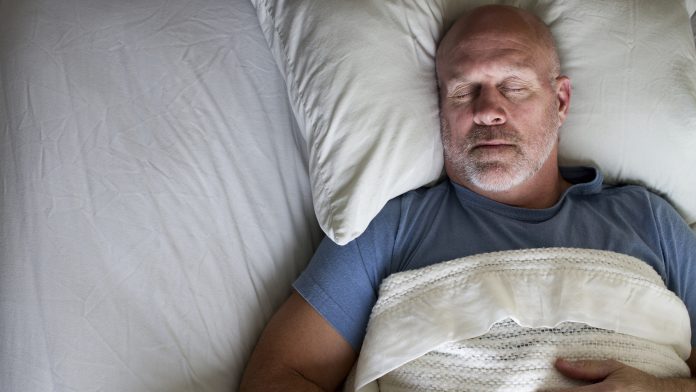
University of Cambridge and Fudan University researchers have discovered that seven hours is the ideal amount of sleep for middle and senior humans.
What is the ideal amount of sleep for middle and old aged individuals? Seven hours according to a groundbreaking discovery by scientists. Sleep plays a vital part in enabling cognitive function and maintaining good psychological health and as humans age, sleep problems such as difficulty falling asleep and decreased sleep quality begin to arise.
The new research is published in Nature Ageing and was a collaborative effort between scientists in the UK and China.
Discovering the ideal amount of sleep
The researchers examined data from nearly 500,000 adults aged 38-73 years from the UK Biobank to discover the ideal amount of sleep. Participants were asked about their sleeping patterns, mental health and wellbeing, and took part in a series of cognitive tests. Brain imaging and genetic data were available for almost 40,000 of the study participants.
By analysing the available data, the scientists found both insufficient and excessive sleep duration was associated with impaired cognitive performance such as processing speed and visual attention. They found that seven hours was the ideal amount of sleep for optimal cognitive performance and for mental health. People experiencing more symptoms of anxiety and depression reported sleeping for longer or shorter durations.
The researchers said one possible reason for the association between insufficient sleep and cognitive decline may be due to the disruption of slow-wave – ‘deep’ – sleep. Disruption to this type of sleep has been shown to have a close link with memory consolidation as well as the build-up of amyloid – a key protein which, when it misfolds, can cause ‘tangles’ in the brain characteristic of some forms of dementia. Additionally, lack of sleep may hinder the brain’s ability to rid itself of toxins.
The team also discovered a link between the amount of sleep and differences in the structure of brain regions involved in cognitive processing and memory, again with greater changes associated with greater than or less than seven hours of sleep.
Professor Jianfeng Feng from Fudan University in China said: “While we can’t say conclusively that too little or too much sleep causes cognitive problems, our analysis looking at individuals over a longer period of time appears to support this idea. But the reasons why older people have poorer sleep appear to be complex, influenced by a combination of our genetic makeup and the structure of our brains.”
Cognitive decline and sleep
The researchers noted that the findings suggest that insufficient or excessive sleep duration may be a risk factor for cognitive decline in ageing. This could potentially lead to further studies about the link between the ideal amount of sleep and improved cognition.
Professor Barbara Sahakian from the Department of Psychiatry at the University of Cambridge, one of the study’s authors, said: “Getting a good night’s sleep is important at all stages of life, but particularly as we age. Finding ways to improve sleep for older people could be crucial to helping them maintain good mental health and wellbeing and avoiding cognitive decline, particularly for patients with psychiatric disorders and dementias.”
























